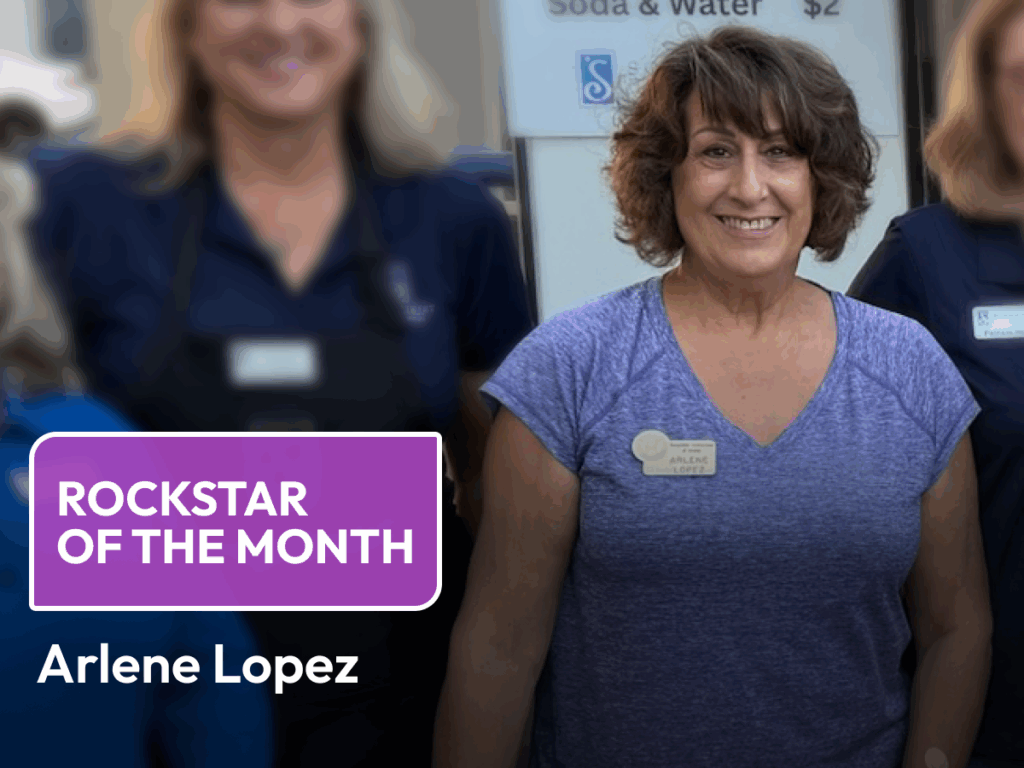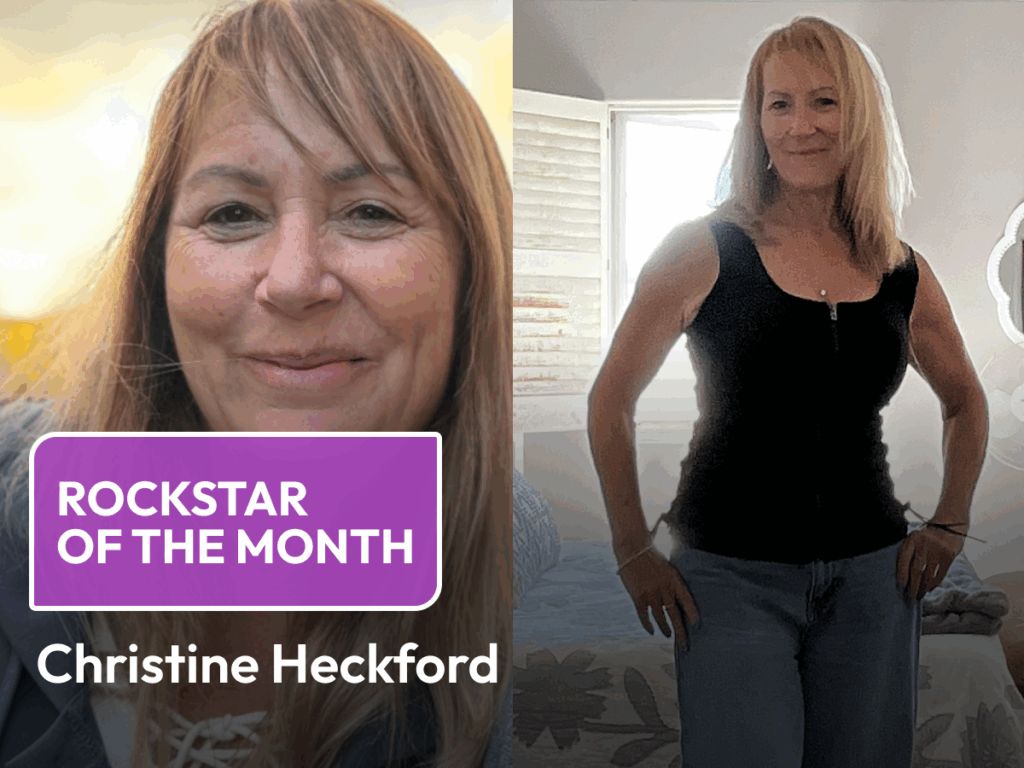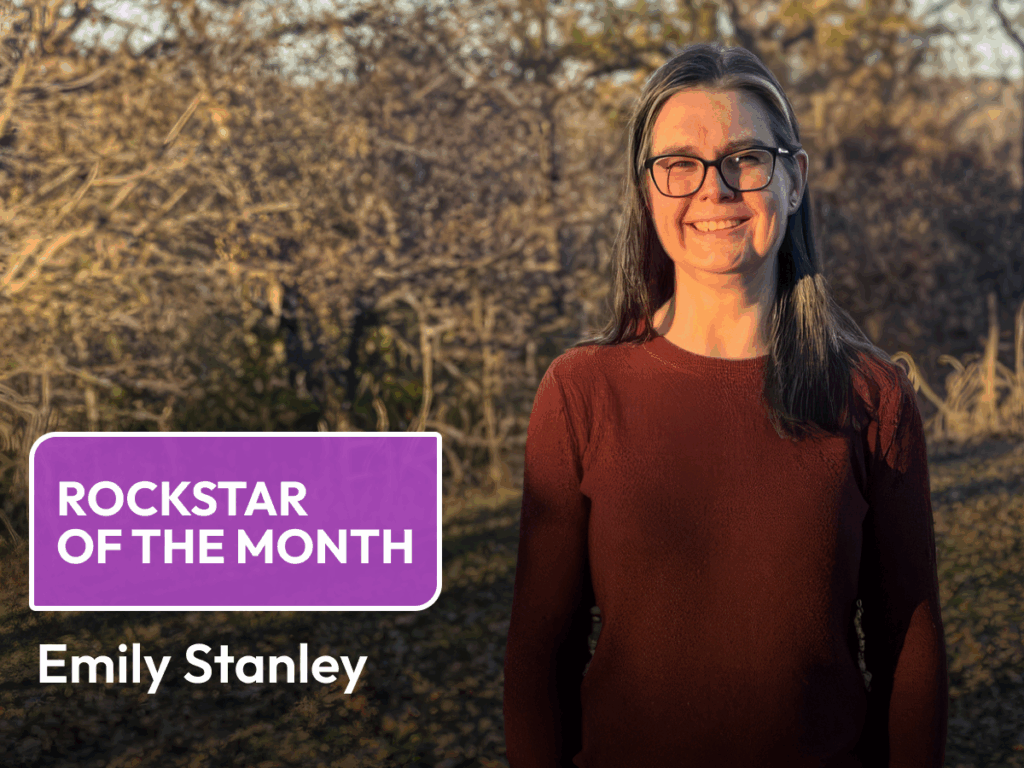You’re at Day 90! You lost 10%! You hit your goal weight! Great job. Now you can eat whatever you want. That burrito you’ve been dreaming about? That happy hour with your girlfriends? The croissant at the cafe you go to everyday that you’ve been salivating over for 3 months? That’s your next stop. All of those thoughts might be racing through your mind. Or maybe these thoughts: But NOW what do I eat? Don’t I have any goals? Rules? Restrictions? I can’t be responsible for my eating, that’s what got me here in the first place!
While some patients may take comfort in the restrictiveness of a VLCD program, other feel caged, trapped, stuck in a monotony of boring food choices. Some long for day 90 when they can eat the one thing they’ve been craving, just to hit day 90 and realize they’re no longer interested in those foods anymore. Once it’s time to change gears from weight loss to weight maintenance, you’re probably looking at a bumpy road. Suddenly being told you can increase calories or treat yourself sometimes can throw you for a loop as you may not be too secure in your ability to make good decisions about your diet.
The National Weight Control Registry is the largest ongoing study of long term successful weight loss management. They’ve identified key habits that have made people in their study successful in long term weight maintenance. These include increased physical activity, accountability for their food choices, tracking caloric intake, and weighing frequently. At Enara Health, we reinforce these tenets because we know that maintaining weight loss can be a biological uphill battle for most people, and the statistics about weight regain are daunting. From a provider perspective, the patients that I tend to see gaining significant weight back are the ones who disappear from my schedule for months at a time, decline or neglect to track their weight, or avoid engaging with me through the app.
Our job as providers is to show you the tools for success. Our programs are designed as therapies; pictures, weights, and nutritional education are important parts of that therapy. We help you build the foundation to make better choices even when we aren’t there to hold your hand. Trust that you’ll make better subconscious choices over time, and strive to make better conscious ones too. If you stumble, ask for help getting back up. If you need some guidelines, we’ll make them together. Above all else, consider the maintenance part of the program not the end, but phase two of the weight loss process. Treat it as sacredly as you did the weight loss phase and you’re destined to succeed.



